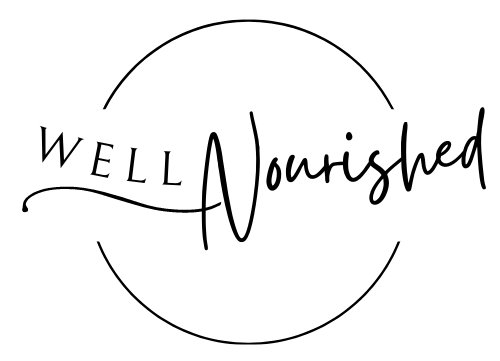In today’s digital age, our social media feeds can sometimes feel like a minefield. From the constant barrage of news updates to the never-ending stream of perfect lives, it’s no surprise that our mental health can take a hit. However, with a few strategic tweaks, we can transform our social media experience into a positive influence on our mental well-being. Here’s how to hack your social media feed for better mental health:
1. Curate Your Content
Audit Your Feed: Start by taking a close look at your current feed. Identify what types of content make you feel stressed, anxious, or inadequate. These could be posts from certain news outlets, individuals, or even specific groups. Once identified, consider muting or unfollowing these sources.
Follow Positivity: Actively seek out and follow accounts that promote positivity, inspiration, and well-being. These could include pages that offer motivational quotes, mental health tips, or simply beautiful images of nature. The key is to ensure these accounts add value and enhance your mood.
2. Schedule Social Media Time
Limit Your Exposure: Set specific times for when you can check social media. This could be 20 minutes in the morning, at lunch, and in the evening. Outside of these times, try to stay logged off. Apps that help you monitor and limit your usage can be incredibly beneficial.
Mindful Scrolling: When you are on social media, be conscious of how long you spend on it and how it’s affecting your mood. If you notice you’re starting to feel down or anxious, it might be time to log off and do something else that uplifts you.
3. Engage Actively
Be Interactive: Instead of passively scrolling, engage actively with content that resonates with you. Leave positive comments, share inspiring posts with friends, or contribute your own uplifting content. Interaction can foster a sense of community and belonging.
Filter Through Notifications: Adjust your notification settings to only alert you for interactions that are meaningful to you, reducing the constant interruptions and potential stressors from your phone buzzing.
4. Reflect Regularly
Assess Your Feelings: Regularly take time to reflect on how your adjusted social media use is affecting your mental health. Consider keeping a journal about your mood and any feelings that arise from using social media. This can help you see patterns and make further adjustments if needed.
Adapt and Evolve: As your needs and the social media landscape change, be prepared to adapt your approach. What works today might not work tomorrow, so stay flexible and open to changing your strategy.
By taking control of your social media usage, you can create a more empowering and positive online environment. Remember, social media is a tool that should be used to enhance your life, not detract from it. With these tips, you’re on your way to a healthier digital life that supports your overall mental well-being.



